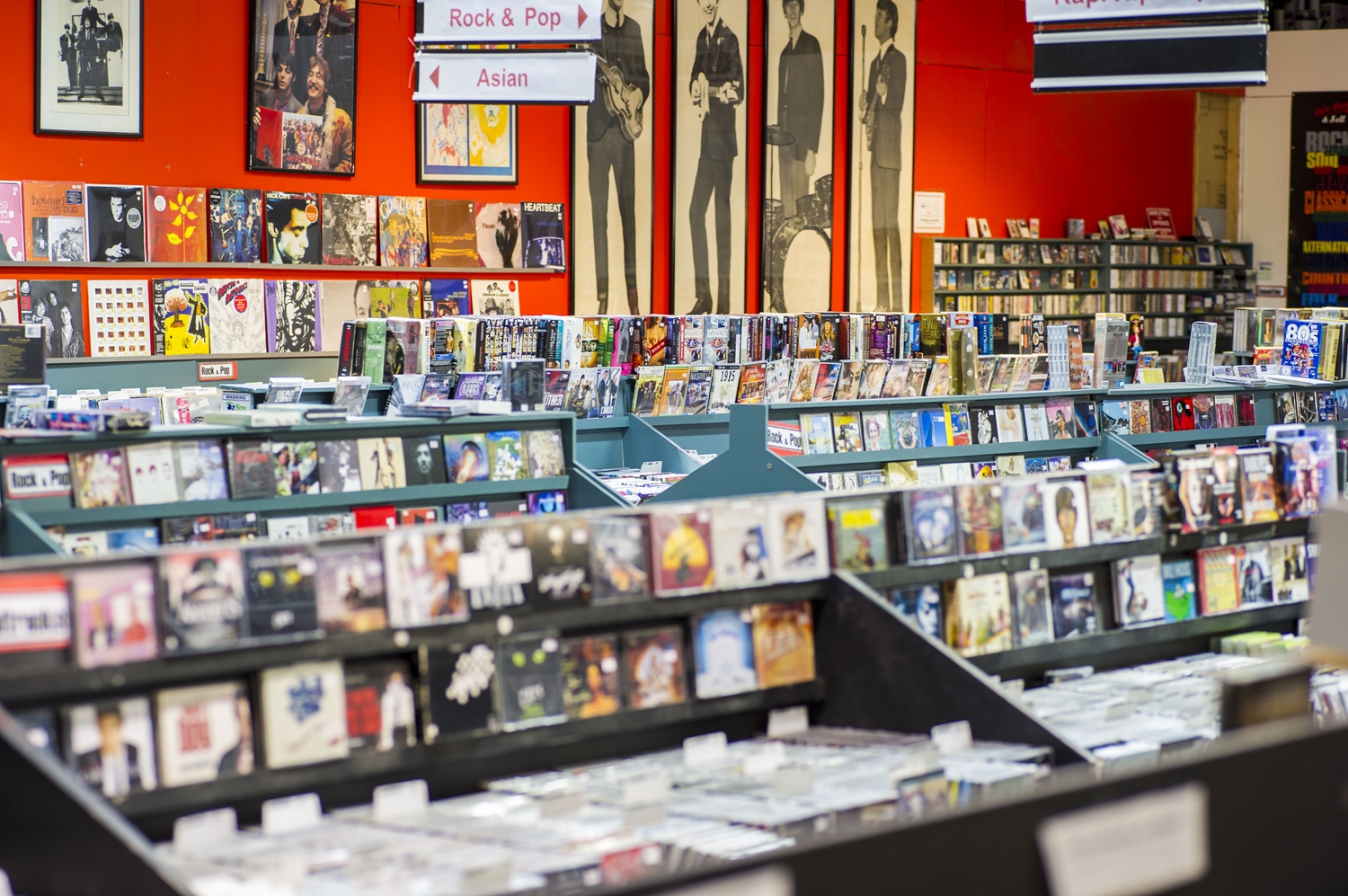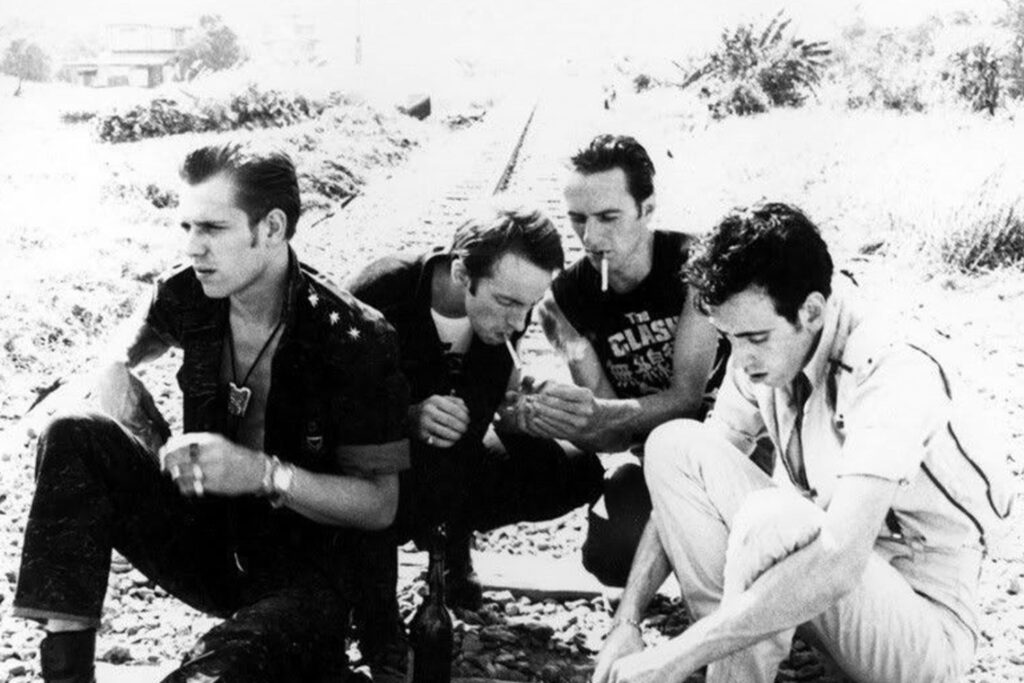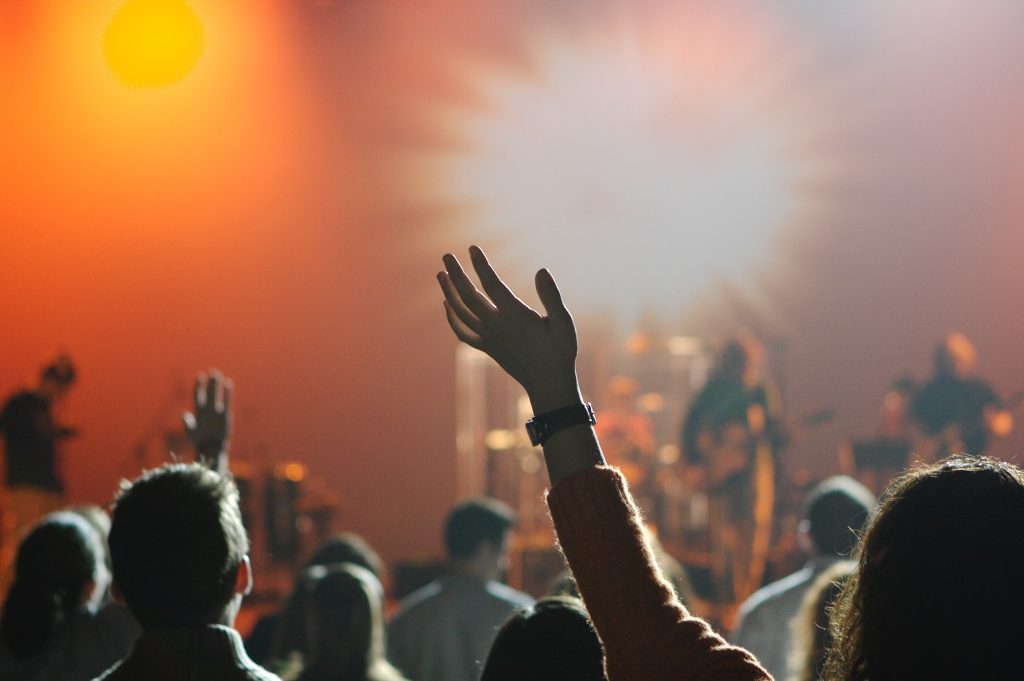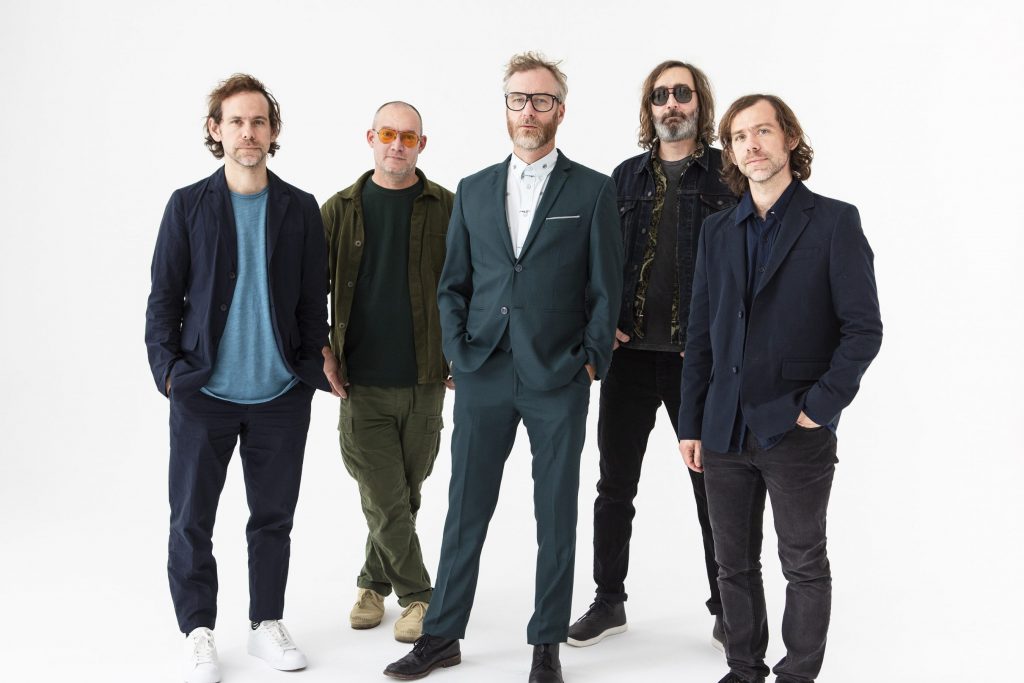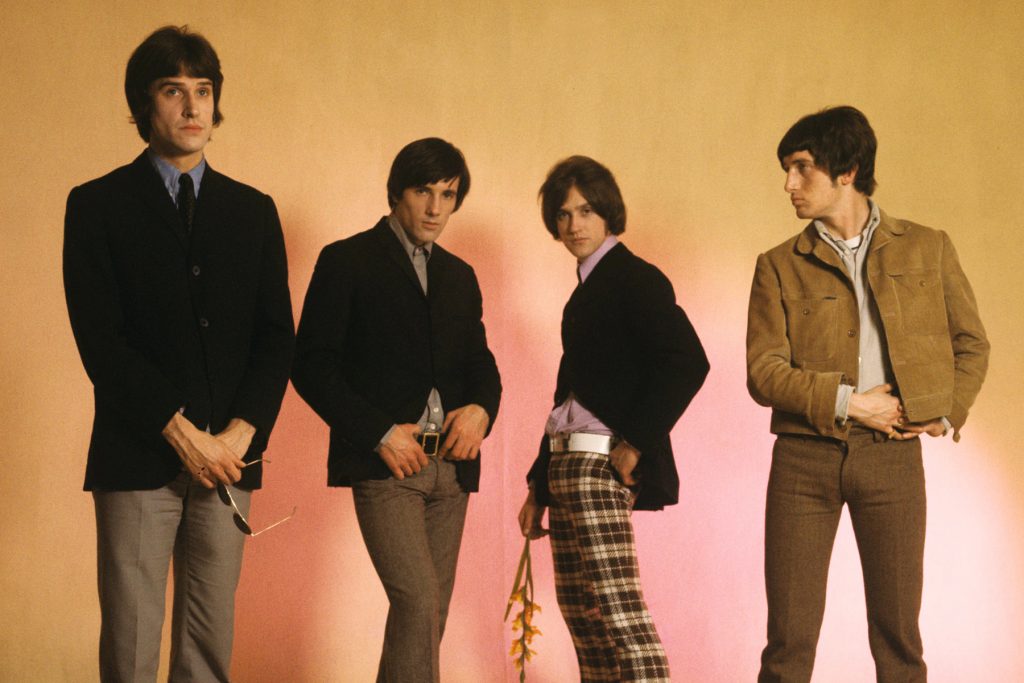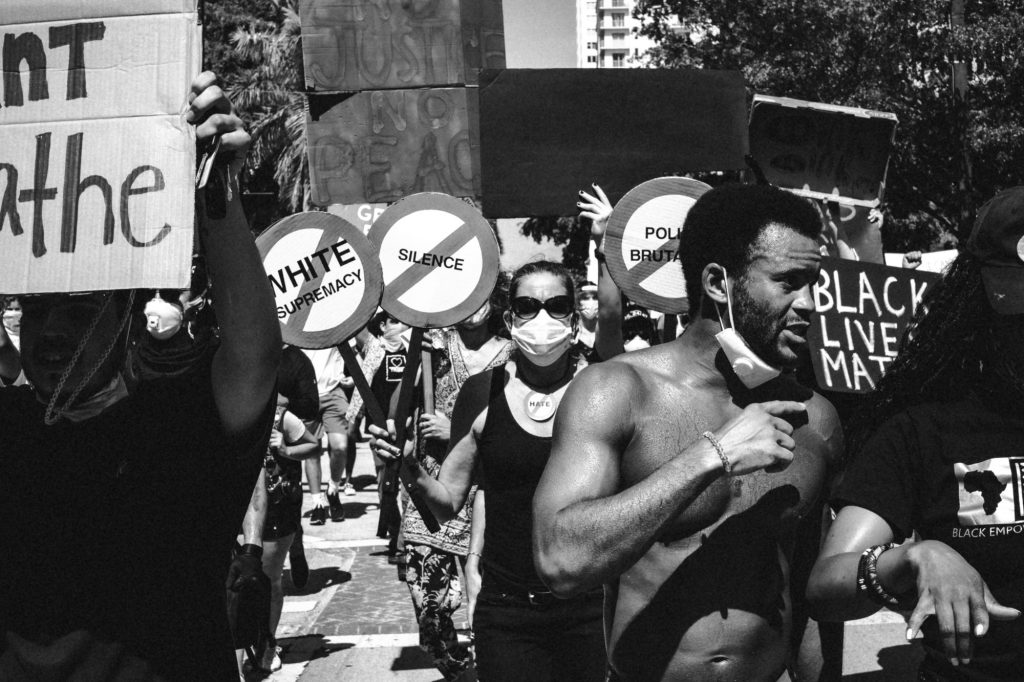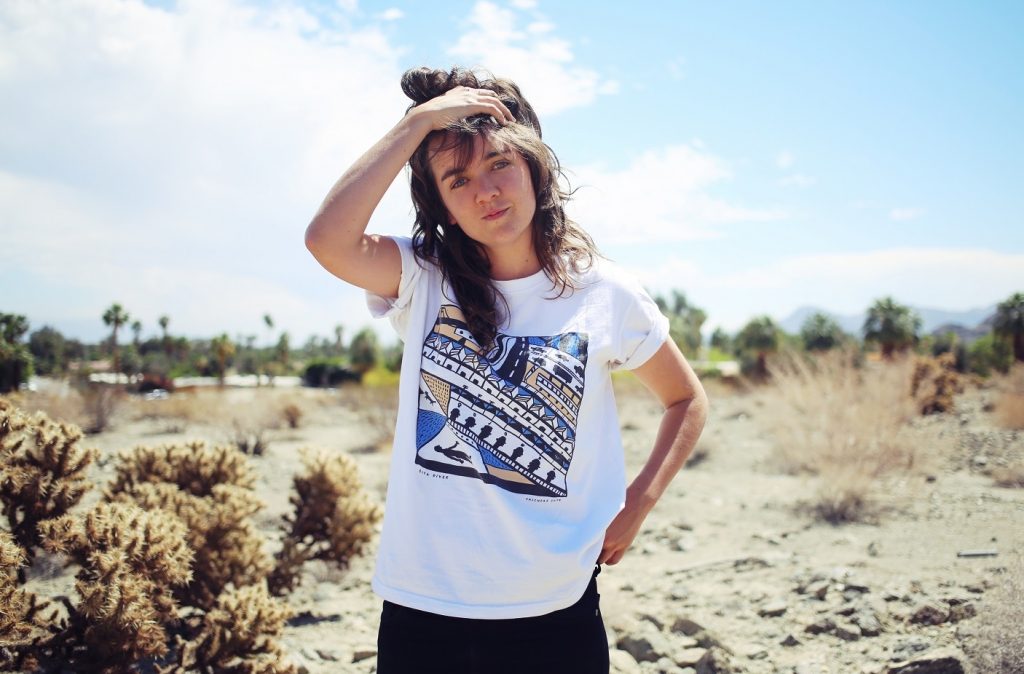Over 2000 candidates were approached, though not everyone was able (or willing) to respond. Of those that did complete the survey, the vast majority recognised significant areas of development for local live music venues and initiatives. 97%, for instance, supported an increase in funding for music in their municipality, while only 51% believed adequate funding didn’t already exist. But where exactly do your local representatives stand? Here’s where Music Victoria’s Election Report Cards come into play.
“Every municipality has a music industry – whether it’s bands, a community choir, teachers or a music store,’’ says Music Victoria CEO Patrick Donovan, “This survey will help put contemporary music back on the agenda this election. We urge all Victorians to review their candidates’ responses before voting.’’
And since voting is compulsory anyway, it’s well worth taking the time to look through the website and see exactly what your candidates have in store. What do they think is the biggest issue facing musicians and music venues in their municipality? Have they already taken steps to establish live music strategies, or intend to do so? What kind of music are they listening to in the first place? (Short answer: Everybody likes jazz).
A question put to current and former candidates alike is how much support they have previously demonstrated for music enterprises. Some examples – like that of Monash Councillor Rebecca Paterson, who oversees $2.6 million in community grants and supports the Oakleigh Music Festival – are quite visible, but for those who care to delve deeper into their representative’s commitment to these issues, the previous Council Election Survey from 2012 is also available; for better or for worse, you can now judge word against deed.
The survey is also a useful tool to not only see where these names stand on the political spectrum, but to gauge a sense of the kind of person they are and how sincerely these issues matter to them. For instance, Rocky Dabscheck and Steph Amir for Darebin City Council are both active musicians themselves, as are Ella Webb and Katherine Copsey for Port Phillip. Lord Mayor Robert Doyle has been encouraging late night license extensions for music venues, while he and fellow Melbourne City Council candidates each have a strong association with Melbourne Music Week.
Across the majority of those surveyed, one of the resounding acknowledgements was the lack of live venues and rehearsal spaces for emerging bands. An impressive 98% pledged to support the increased use of council facilities for practice and recording. Other practical concerns – such as free parking and loading zones outside of venues for musicians – have also been addressed.
The sustainability of Melbourne music isn’t going to suddenly solve itself. To maintain its reputation as one of Australia’s most vibrant cultural hubs, it’s going to take focused and sincere effort to see our musical communities continue to flourish. There’s a lot that can be done at a grassroots level – hell, just get out there and see a gig, and buy their shirt while you’re at it – but ensuring our elected officials are not only aware of the problems our live music culture faces, but are committed to taking real steps to encourage the next wave of artists to take the stage and sing us to life, well, that’s on us. Check out the survey, and think hard about your vote.
Oh, and if you’re trying to launch your music career in Towong, Baw Baw, Campaspe, Gannawarra Shire, Corangamite, Loddon or West Wimmera Shire, well, you might want to rethink your tactics.
By Adam Norris

